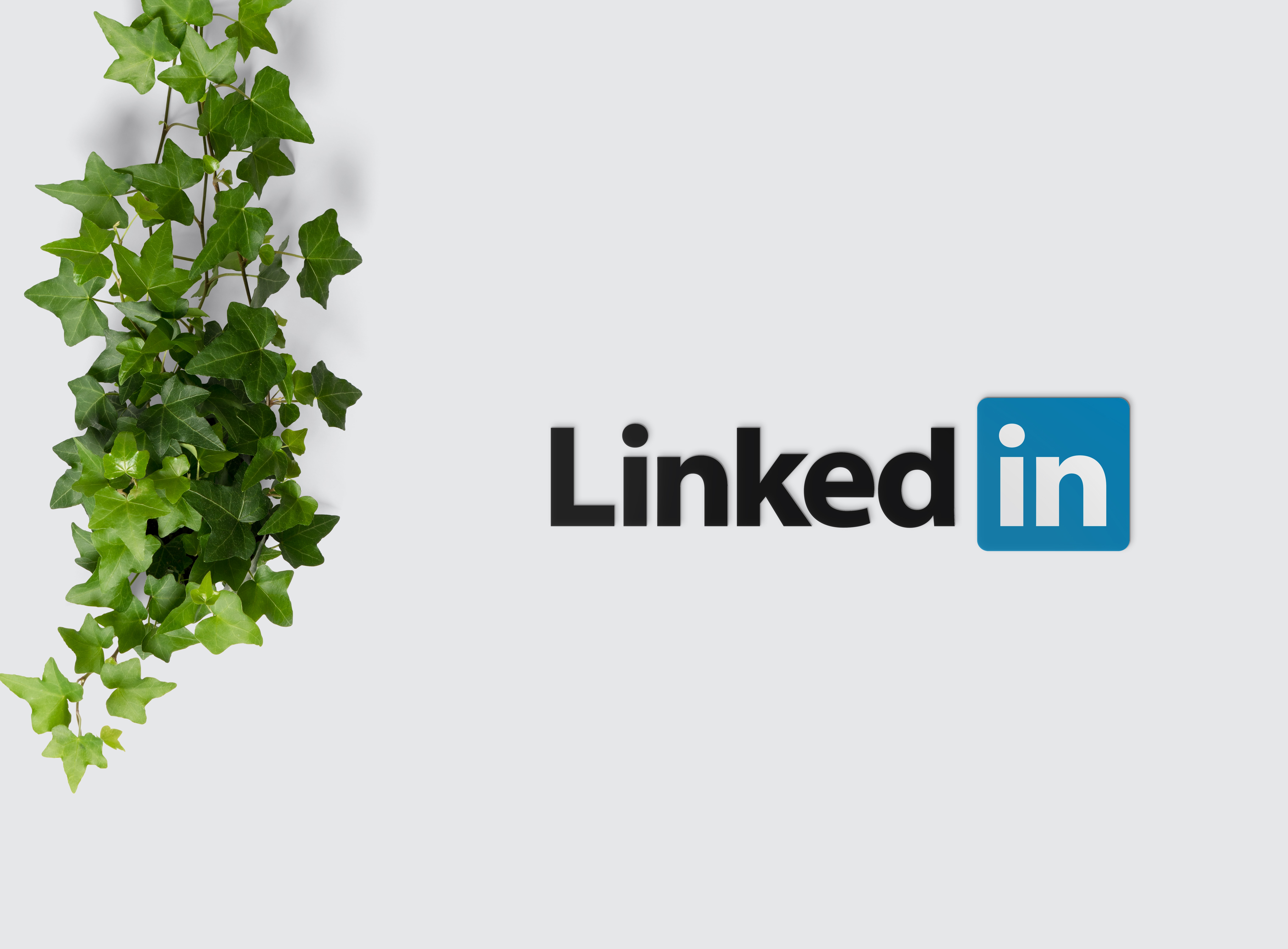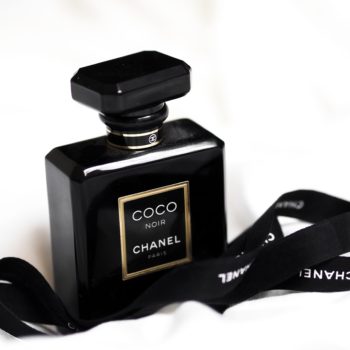Top Controversial Marketing campaigns of all time
It is a constant endeavour of brands to uplift their marketing campaigns one way or another. For a brand to succeed, its visibility is of prime importance. This is possible only by exercising the right techniques. Every year, billions are spent globally on advertisements and campaigns. Some become instantly viral; some vanish into oblivion, whereas some become the talk of the town for ‘not-so-good’ reasons. If we closely look at the advertising history, we observe that some marketing campaigns and advertisements have created major controversies. There could be various reasons behind it, such as:
- The vision of a brand marketing strategy is not perceived the way it was intended to
- The marketing methods were genuinely insensitive/controversial
- Creation of controversial content was a strategy in itself to attain publicity
Well, no matter what the reason is, advertisements have fallen prey to unavoidable controversial topics every now & then. Let us explore some of the top campaigns that faced the heat for being controversial enough:
Protein World: Beach Body (2015)

This happens to be one of the most popular, controversial campaigns worldwide. Protein World is a health supplement supplier. In 2015, it released a campaign in London and New York to promote its weight loss collection. One of its billboards said “Are you beach body ready?” along with an image of a bikini-clad woman. This was put up in London. It stirred a lot of outrage and criticism from the public. So much so that it was subjected to numerous acts of vandalism. People felt that it promoted “Body Shaming”. Feminist groups were quick to notice that the campaign emphasizes a particular type of body image to be ideal for visiting beaches. Whereas, everyone who did not meet the standards was a misfit.
The campaign provoked people so much that there was a backlash on social media for promoting an unhealthy body image. The UK’S advertising standard authority received over 350 complaints & a petition to get the ads removed. Protein World’s head office was attacked with violent threats& even a bomb threat by a group of protestors. A small demonstration was held against it in Hyde Park, London.
Carlsberg, the beer giant, looking to profit from Protein World’s controversial campaign, decided to launch their own “Are you beer body ready?” slogans. Despite the entire outcry, Protein World stood by its campaign. It took a shot at protestors & feminists by referring to them as #fattysympathisers.
Consequences: The Company benefitted from all the hype around its ad campaign. According to their chief marketing officer’s claim, their sales skyrocketed to £1 million in the upcoming weeks. The campaign had cost them £250,000. The complaints against the company were not upheld, however, the ads were removed on ASA’s orders based on promoting unauthorized health claims.
Dove: Whitewashing (2017)
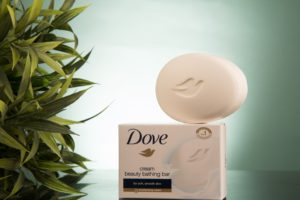
The soap brand owned by none other than Unilever – Dove, has also faced the wrath on social media for promoting fairness. In one of its ad campaigns for Dove body wash released in 2017 on Facebook, a black woman is portrayed removing her brown top and transforming into a white woman wearing a white tee underneath – implying the effect of using their product. It faced strong criticism from the public and was even termed as “Whitewashing”. The hashtag #DoneWithDove was the talk of the town, resulting in a boycott of its products.
Consequences: Dove removed the ad and the brand apologized to the public for the message their campaign passed. Dove has experienced similar situations way back in 2011 as well. However, despite all these obstacles, Dove has emerged as one of the strongest products in its genre. They came up with several other campaigns like GirlGaze & GettyImages. The purpose of these was to create the world’s largest photographic stock library lead by women and non-binary individuals. Dove has been lucky enough to create a niche for itself and survive despite all these manoeuvres.
Benetton: Unhate campaign (2011)
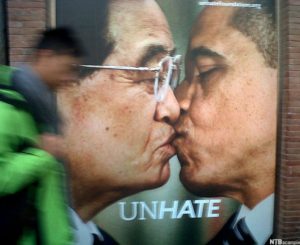
Benetton’s unhate campaign stands out on my list for being the most controversial of all. This campaign ran in 2011 in many different countries and faced numerous raised eyebrows. The ad featured multiple images of world leaders such as Obama, Sarkozy & the Pope kissing their biggest adversaries. In its defence, the brand stated that a kiss is the universal language of love. And that their unhate campaign is all about promoting love and banishing hate.
For obvious reasons, a lot of criticism arose. To add to the controversy, the world leaders’ images were used without any consent. In one of the images, Pope Benedict XVI & a top Egyptian Imam were kissing. This was immediately removed after the Vatican condemned it. People had even started tearing down the ads themselves.
Consequences: Benetton neither apologized for the campaign nor withdrew any of their ads. Despite the controversy, it went on to win the prestigious Cannes Ad festival award for this campaign. It was chosen since it stood out and shunned traditional advertising methods. It did not talk about the brand’s products. No rules were followed. But it surely made heads turn.
Gillette: We Believe (2019)

In 2019, Gillette decided to support the #MeToo movement and move its ad campaigns in that direction. This resulted in its departure from its much famous tagline “The best a man can get”. The “We Believe” Ad encouraged men to be the best they can be. In a “boys will be boys” mindset, the idea was to let men realise it isn’t cool enough to flaunt their machismo. The image of the modern man that Gillette chose to publish through this campaign was diverse & multi-dimensional. This change, on one hand, was appreciated by many. Yet, it faced a backlash from feminist groups who questioned the brand’s commitment to #MeToo movement. That was because its female grooming products cost more than the male products.
Consequences: It wasn’t very clear whether the campaign affected its sales – either positively or negatively. Gillette though had to rethink its marketing strategy amidst growing competition. With brands like Dollar shave club and Harry’s have been offering cheaper alternatives to Gillette’s products. To add to it, their marketing strategies are proving to be much effective. In this scenario, Gillette must evolve with an out of the box strategy to stay in the game.
Pepsi: Live for Now (2017)
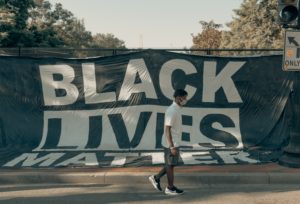
Pepsi is well known for featuring top celebrities in its advertisements such as David Beckham, Beyoncé, Lionel Messi and many more. However, controversial campaigns have been a part of Pepsi’s journey in the last few decades of its existence. One of its most famous fiascos was the “Live for Now” campaign in 2017. So much so that it was withdrawn within 24hrs of its premiere. This ad featured celebrity fashion icon, Kendall Jenner. The ad shows people of different ethnicity protesting for a cause. Supermodel Kendall Jenner steps into the crowd with a can of Pepsi offers it to one of the police officers who smile and the crowd cheers. It appears that Kendall saved the crowd from Police brutality, thanks to a can of Pepsi!
At the time of this advertisement, America was struggling with protests and riots over #BlackLivesMatter campaigns. The ad was considered to be inspired by the ongoing events of violence and giving an altogether different meaning to it. Additionally, the advertisement depicts that it was Pepsi which saved the day. This did not go well with the critics.
Consequences: The comparison between Kendall and BlackLivesMatter protestor Iesha Evans was also made. Whereas the advertisement appeared to mock the BlackLivesMatter campaign. The brand received a lot of criticism online within 24hrs of the release of this ad. Not only did they have to withdraw the ad, they even issued an official statement for it.
Nike: Just Do It (2018)

On the 30th anniversary of Nike’s legendary slogan, the sports giant decided to feature athletes who had overcome personal and physical hindrances and yet rose to the top of their careers. Among them was NFL’s Colin Kaepernick, a former football quarterback and an American civil rights activist. In 2016, Colin had sparked a controversy when he kneeled during the national anthem as a protest against racial inequality in North America.
Nike chose to have Colin star in their series and narrate its ad for “Just Do It”. Many people applauded Nike for backing Kaepernick. Whereas others condemned their initiative to let him star in their commercial on the grounds of patriotism. People threatened Nike of boycotting its products.
Within no time social media was swamped with #BoycottNike and #JustBurnIthashtags. Images of burnt Nike clothing and apparels were all over social media platforms.
Consequences: Nike was on receiving end of a lot of backlash from people. However, the brand’s sales were not significantly affected. There was evidence of the decrease in business shares when the ad went viral. However, the day after dropping the ad, their sales went up 31% over the Labor Day weekend in the US.
Bud Light: #upforwhatever (2014)
As the ad begins, a random guy is asked to do something. He does it of course since he is “up for whatever”. This is followed by a series of events and short ads. This guy ends up playing table tennis with Arnold Schwarzenegger at the OneRepublic concert. It looks harmless. Doesn’t it? No vague representations, no political angle, no violence. So what exactly went wrong?
It wasn’t the TV commercial that sparked a controversy. It was the overall message that their hashtag #upforwhatever conveyed. To make things worse, their printed message on the beer said – “the perfect beer for removing no from your vocabulary for the night.”
It wasn’t the best idea to print such a message on a beer can considering that alcohol influence has a key role to play in rape cases. People perceived that the print ad encouraged and promoted rape. And that of course did not go well with the brand’s promotional strategy.
Consequences: Bud Light had probably not expected such outrage from the public. They apologized and pulled the entire campaign. It was a lesson learnt the hard way. That is why it is important to understand how a brand’s influence works.
Cadbury: “Drop the Easter” (2017)
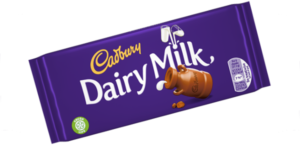
In 2017, Cadbury, the renowned chocolate brand decided to go a little overboard in its advertising. They dropped the word “Easter” from its annual egg hunt. People hold Easter so dearly to them. Naturally, this move did not go well and soon backlashes, angry messages etc. started pouring all over social media. It was believed that the act hurt Christian religious sentiments.
The impact of the protest was so high that Britain’sex-Prime Minister Theresa May highlighted her annoyance on the matter. According to her, the move was ridiculous. Cadbury immediately took action and added the word “Easter” back to their promotional products.
Consequences: Cadbury learnt not to mess with religious sentiments the way they did. It might have sounded a great idea at the beginning due to its unconventional approach. However, it did not go as planned. The company immediately puts “Easter” back on all the products to prevent any further damage.
Conclusion
Brands always thrive for fame and popularity. As a brand, we always improve our marketing strategies to outperform not just our competitors but ourselves too. In this era, when digital presence is equally significant, we ought to keep a brand’s image alive both online and offline. It is advised not to indulge in any controversial marketing practices especially in the beginning of a venture. Controversies can, however, occur even when you have been extremely careful with your strategies. That is why it is important to learn from your mistakes. All successful brands have faced criticism for their depiction of ideas at some point. And the reason they were able to overcome is acceptance of their actions and preventive measures against them.
There are many more such examples of failed advertising attempts. There is an endless list. The key to avoiding such circumstances is to have a look at the message your campaign would pass to the public. Consider all its perspectives. Avoid including any racial, controversial or sensitive topics such as political issues, social cause etc. And even if you do, pay attention to what message they pass on.
Opting for a learned and experienced marketing agency can be an excellent idea to stay clear of controversial topics. That is probably your best bet! In any case, learn to handle your situations well and eventually everything would fall in place.


